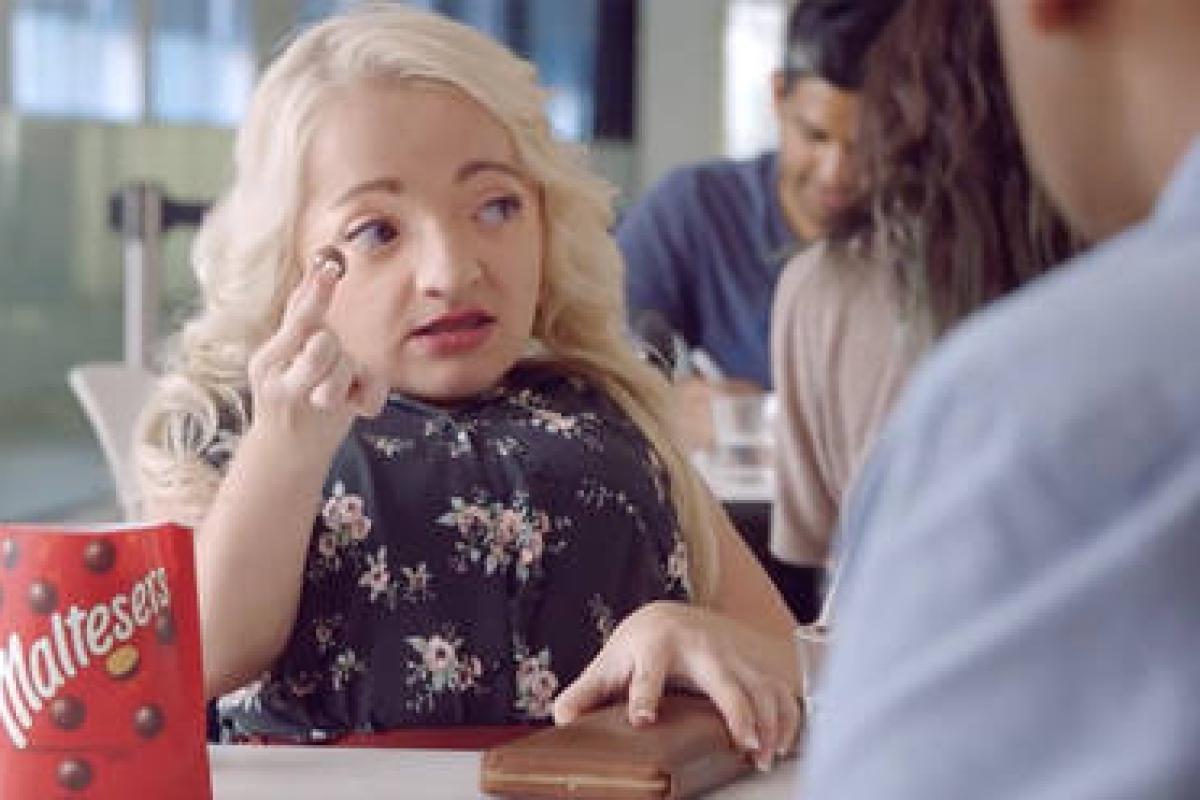There's not long left to submit your entries for this year's Excellence Awards. So start planning today.
With 24 categories to enter - from Customer Insight to Employee Engagement - this is your chance to really shine and show the industry what's best practice.
And of course, in line with the Society’s brave agenda, this year we want to hear about your failures as well as your successes for our new Heroic Failure award.
So while you build your entries, be inspired by the case studies from some of last year's winners.
Tesco, brand revitalisation

Following a series of well-documented missteps over 2014/15, including the biggest loss ever suffered by a UK retailer, Tesco was experiencing a rather sobering reality: customers, colleagues and suppliers were finding it to be undifferentiated and untrustworthy.
More Every Little Helps Tesco than Every Little Helps me.
The arrival of a new CEO, Dave Lewis in 2014, marked the beginning of change. An ex-marketer, he understood the power of the business agenda and the brand strategy operating as one. Importantly, for Tesco, this would mean putting the customer at the heart of all business decisions, from the inside out.
To communicate this to Britain, Tesco needed to turn its ‘Every Little Helps’ brand line into a genuinely customer-centric proposition again, and live it, not just say it. In this way, all Tesco activity could be framed through the differentiator of ‘helpfulness’.
J&J, employee engagement
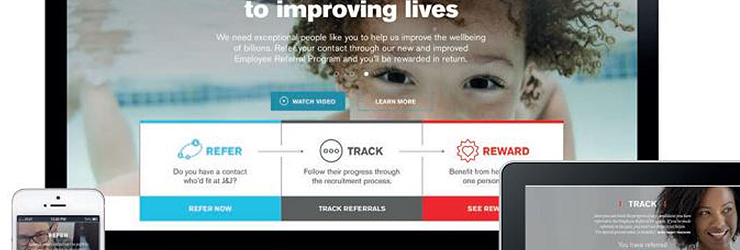
Today, competition is fierce and candidates’ expectations are changing, thanks in part to their online experience of companies like Amazon, Uber and TripAdvisor.
The National Art Pass, long-term excellence
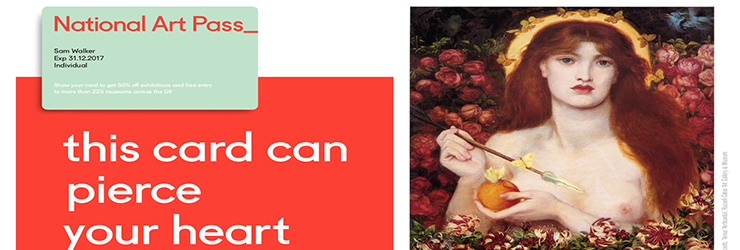
In an industry increasingly seduced by tactics rather than strategy, this paper reaffirms the power of long-term brand building. Not at the expense of short-term impact, but in addition to it.
The objective set in 2010 was to grow revenue by increasing the number of paying members.
From 2011 to 2016, marketing has transformed the Art Fund from being a charity with a worthy purpose to a business with a compelling product: The National Art Pass.
The approach has driven an incremental profit of £16.25m and return on marketing investment of £3.84 for every £1 spent over this period, with an average annual marketing budget of under £1m.
This growth has enabled the Art Fund to help museums and galleries secure hundreds of works of art for the nation to enjoy.
iD Mobile, New Brand
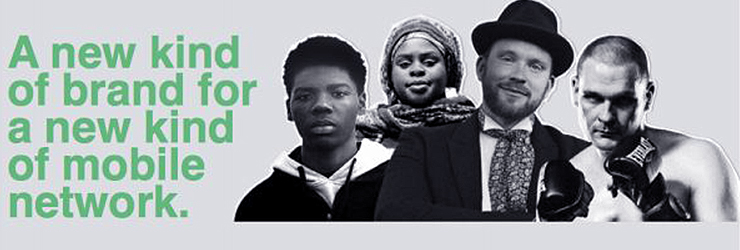
The mobile category is full of big, established, famous brands. They spend millions and millions in marketing, and have millions of locked-in customers, kept where they are by length of contract and the general intertia that pervades the market.
And there are no shortage of small, challenger MNVOs (mobile virtual network operators), either. So when Dixons-Carphone decided to launch iD, its own MVNO – ironically to reduce its dependence on the big behemoth networks it sells through its Carphone Warehouse retail business - it had its work cut out. iD had to create a product roadmap and brand positioning, conceive a creative strategy and a communications campaign, that made a meaningful connection with an incredibly challenging target audience: 18-25 year old “Young Independents”.
An added complication was, they all had to be people who wouldn’t normally come to a Carphone Warehouse store. And all on a budget that much of the competition would spend in a month.
By committing to a brave Facebook-first campaign, and a constant test and learn approach, iD were able to be nimble, flexible, and build a truly innovative campaign - helping write the rulebook for launching a new brand on Facebook along the way.
2017 winner: John Lewis, Financial Director's prize
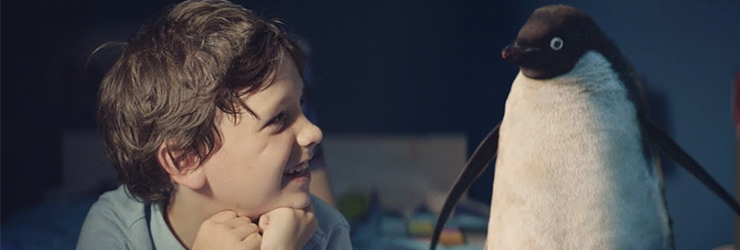
#JoinTheHerd, Grand prix and Not for profit
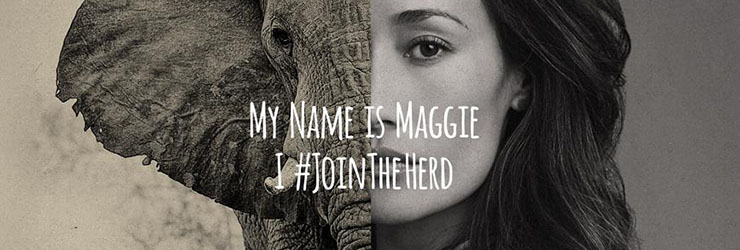
The ivory trade is worth $10 billion/year, ranking alongside drugs, arms and human trafficking as one of the world’s most lucrative trades.
By 2015, the slaughter of Elephants for their ivory had taken them near the tipping point into extinction. Grey London partnered NGO WildAid to make a definitive difference, fast.
Our contribution was to bring the mindset and techniques of modern mass marketing to a group of disparate, small and field-focused conservationists. A new, global campaign changed the focus - getting the ivory trade banned.
The idea was #JoinTheHerd. It united disparate NGOs, global influencers and the mass public. One global pressure group. One campaign. One agenda. One hashtag. Now, with the scale to be heard. Despite zero marketing or media budget, the message spread virally: 2 billion people were reached, 500 million included in a virtual supporters’ network, 3 million took action.
We evidenced that support to legislators – in public, in person, and in numbers. In 9 months a UN Resolution to close the ivory trade was agreed. By the end of 2016, even China – the world’s biggest ivory market - announced its timetable for total ban on the trade. The Elephant has been given a lifeline. Here’s how it happened.
Direct Line, building marketing capabilities
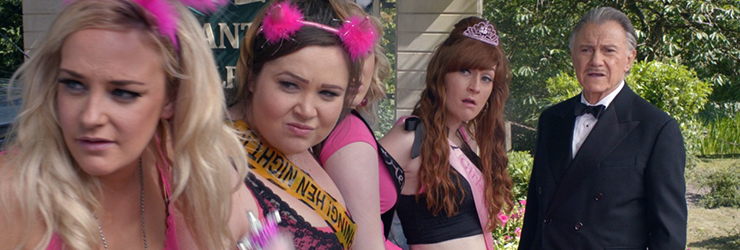
In 2013, Direct Line Group became a stand-alone company, having started its disinvestment from the Royal Bank of Scotland (RBS) through an initial public offering (IPO) in October 2012.
Despite managing several established household brands, such as Direct Line and Churchill, the business was suffering from a year-on-year decline in revenue. Furthermore, after years in RBS’s shadow, the marketing team had lost its way.
To re-energise the marketing team and reverse the downward spiral, fundamental changes needed to be made.
Against all odds, we succeeded. Engagement scores went from being the lowest in the business to the best on record. The marketing team’s performance rocketed and they produced some of the most successful integrated marketing campaigns of the entire insurance sector. This in turn boosted GWP and reversed the revenue decline a year ahead of target.
ITV, National Lottery, brand activation
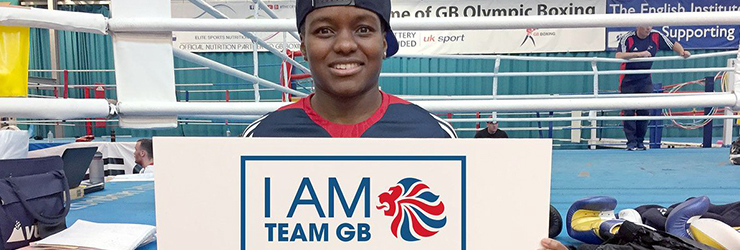
Britain has a problem.
Despite living in an Olympic-mad sporting powerhouse, almost half of us fail to meet medical guidelines on physical activity. Sedentary lifestyles are literally killing us.
Every few years The Olympics fires up the Nation’s enthusiasm for sport- but this enthusiasm doesn’t convert into action.
Even after a hugely successful London 2012, with massive infrastructure investment, Britons watched sport, but didn’t take part. In 2016, Rio’s Olympics promised yet more nationwide enthusiasm for sport - and yet another missed opportunity to get Britain moving.
Unless something different was done
HCL Technologies, Brand revitalisation

The $7 Billion Global IT services company comprised of 100000+ Ideapreneurs across 31 countries, which adds tens of thousands to its ranks annually has a falling image as a career destination amongst Indian millennials on college campuses- the talent pool of tomorrow.
This was cause for concern as HCL is an organization of millennials, with over 75% of our workforce belonging to Gen-Y(under ages 35 yrs).
A decreasing presence on India b-school and e-school coupled with decreasing attractiveness of IT/ITES as a sector to pursue a career have led to HCL’s Talent brand equity taking a massive hit.
Employer branding expert Universum’s annual study on most attractive employers among Indian campus students, highlighted an alarming fall in HCL’s rankings year on year (#8 in 2012 to #48 in the 2015 study for Technology institutes, #24 in 2013 to #78 in 2015 for Business schools).
Maltesers: Hat-trick winner
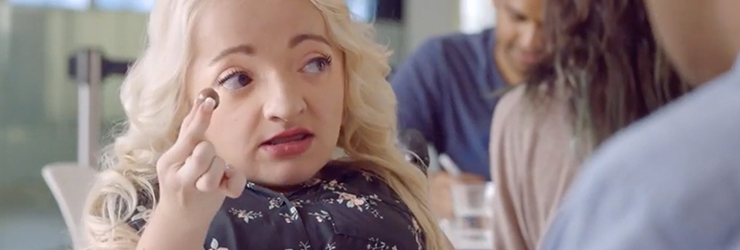
The deadline for entries is Friday 23 February 2018, enter here: https://marketingsociety.awardsplatform.com/
